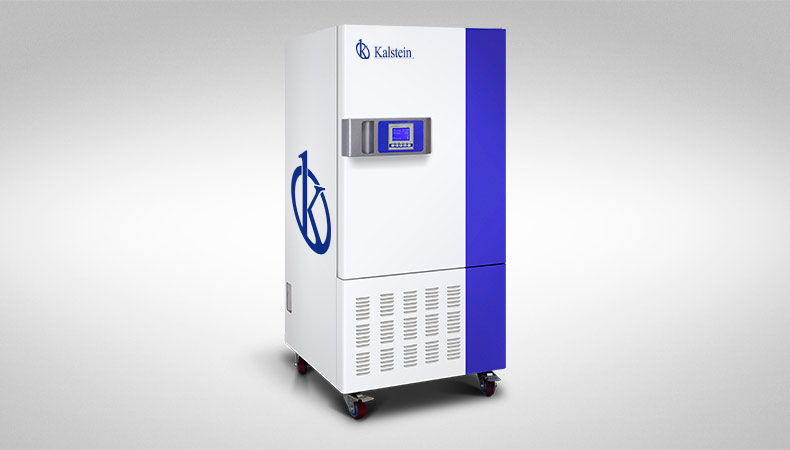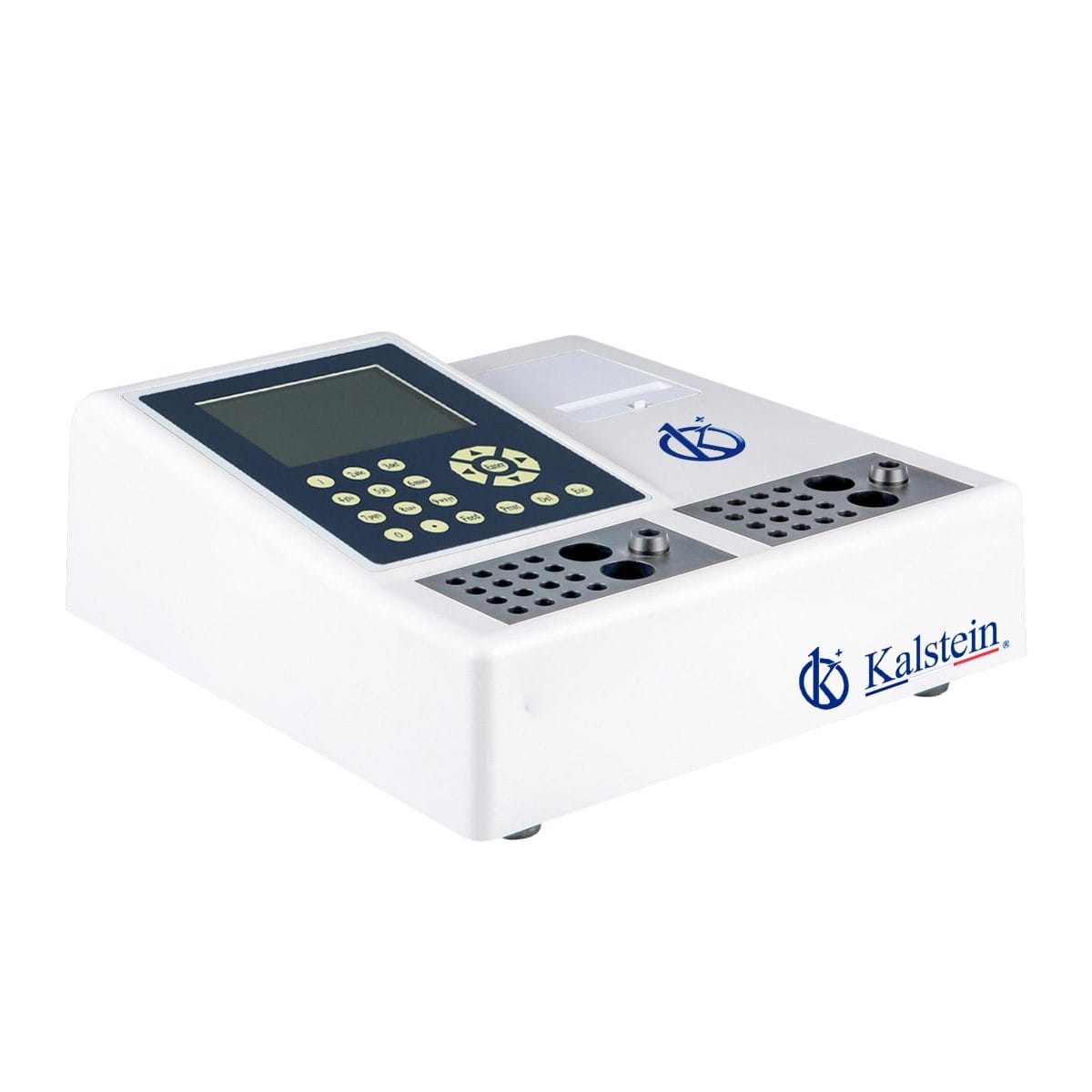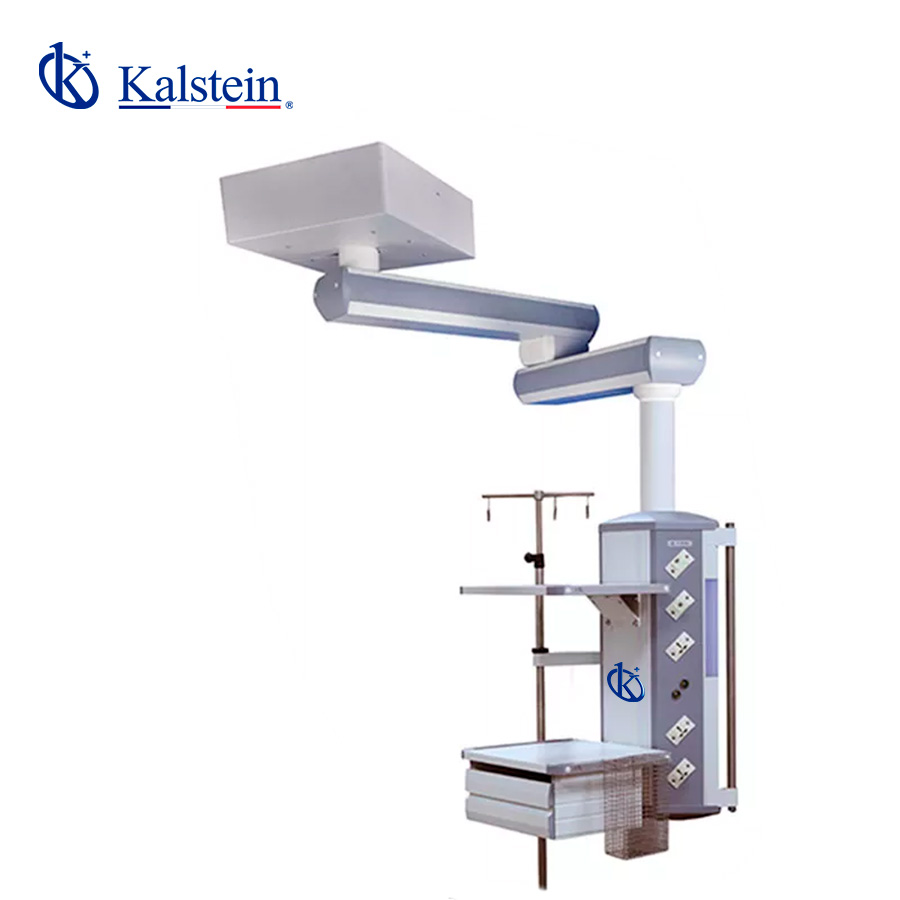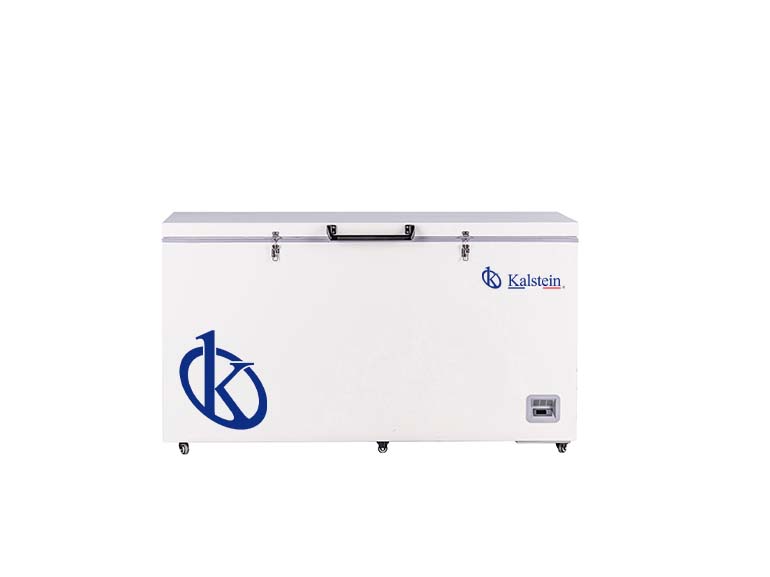Plant growth chambers are specialized chambers that are used to monitor climatic conditions during the study of plants. These systems can control humidity, temperature, light and other factors. These are teams widely used in research to study crop productivity.
These cameras help plant researchers fight disease and geneticists develop more robust food crops and provide key data for seed germination. Plant growth chambers can be used for a variety of purposes, including genetic experimentation and cultivation, components of plant physiology, photosynthesis, plant nutrition, and plant breeding. Categories of plants can vary, such as cereals, arabidopsis, algae, tobacco, physcomitrella, fungi, medicago, soy, potatoes and other cash crops and horticultural plants, among others.
Characteristics of plant growth chambers
Plant growth chambers can feature heated or glass doors, touch screen control, observation windows, humidity control, CO2 enhancement, additional lighting, spray nozzle modules, air-cooled condensation, adjustable lighting systems, cabinets and shelves, remote-controlled condensation, dry alarms and extended temperature ranges. And they can employ high-performance thermoelectric chillers that allow the camera to maintain set points relatively easily. The control system can include a unique electronic board that allows bidirectional control over the thermoelectric system, making it easier to replace and maintain.
The humidification of these equipment can be done by means of an ultrasonic humidifier and a controller showing both the process and the set value. Most plant growth chambers are made of steel with a white insert finish. They are used in the study of plant pathology, seedling growth and a variety of other purposes, as well as in the provision of lighting for vascular plants. As for its structure they can have swinging, folding or sliding doors as required. Some models include multiple cameras, each with its own set of controls. These cameras come in a range of sizes to support a wide range of plant varieties.
What is the purpose of a plant growth chamber?
Plant growth chambers are a specialized type of environmental test chambers that are designed to conduct plant growth experiments within the laboratory. The purpose of a plant growth chamber is to create such atmospheric conditions responsible for the effective germination and growth of the plant. In these cameras, factors such as humidity, temperature and light are controlled in such a way that the user can create the desired environment essential to examine the growth of a particular plant.
They may become large enough to allow people to walk in them or small enough to fit inside a room. Through these teams it is possible to carry out studies on plant pathologies, farm management studies, biotechnology studies, and seedling growth. Plant growth chambers have been used very effectively in several trials by the U.S. National Aeronautics and Space Administration, involving potatoes and soy (NASA).
What does Kalstein offer you?
Kalstein is a manufacturer of medical and laboratory equipment of the highest quality and the best technology at the best PRICES in the market, so you can make your PURCHASE confidently with us, knowing that you have the service and advice of a company specialized in the field and committed to provide you with safe, economical and effective options to perform your functions in the right way. We offer you plant growth chambers that are specifically designed to carry out research on different types of plants and seeds with technical characteristics that facilitate standard plant production, plant pathology research and seed germination and development. That is why we present our: Plant growth chamber YR053265 // YR053270. HERE
This novel equipment allows temperature monitoring through adaptive control; original imported temperature sensor to reduce the impact of temperature; high-efficiency isolation technology to ensure indoor and outdoor consistency; high safety, simulates various climatic conditions, especially used in sample testing, lifetime testing, long-term experiments and cultivation of plants, seeds and microorganisms. Totally suitable for scientific, pharmaceutical, food, and microbiological research. For more information we invite you to take a look HERE




